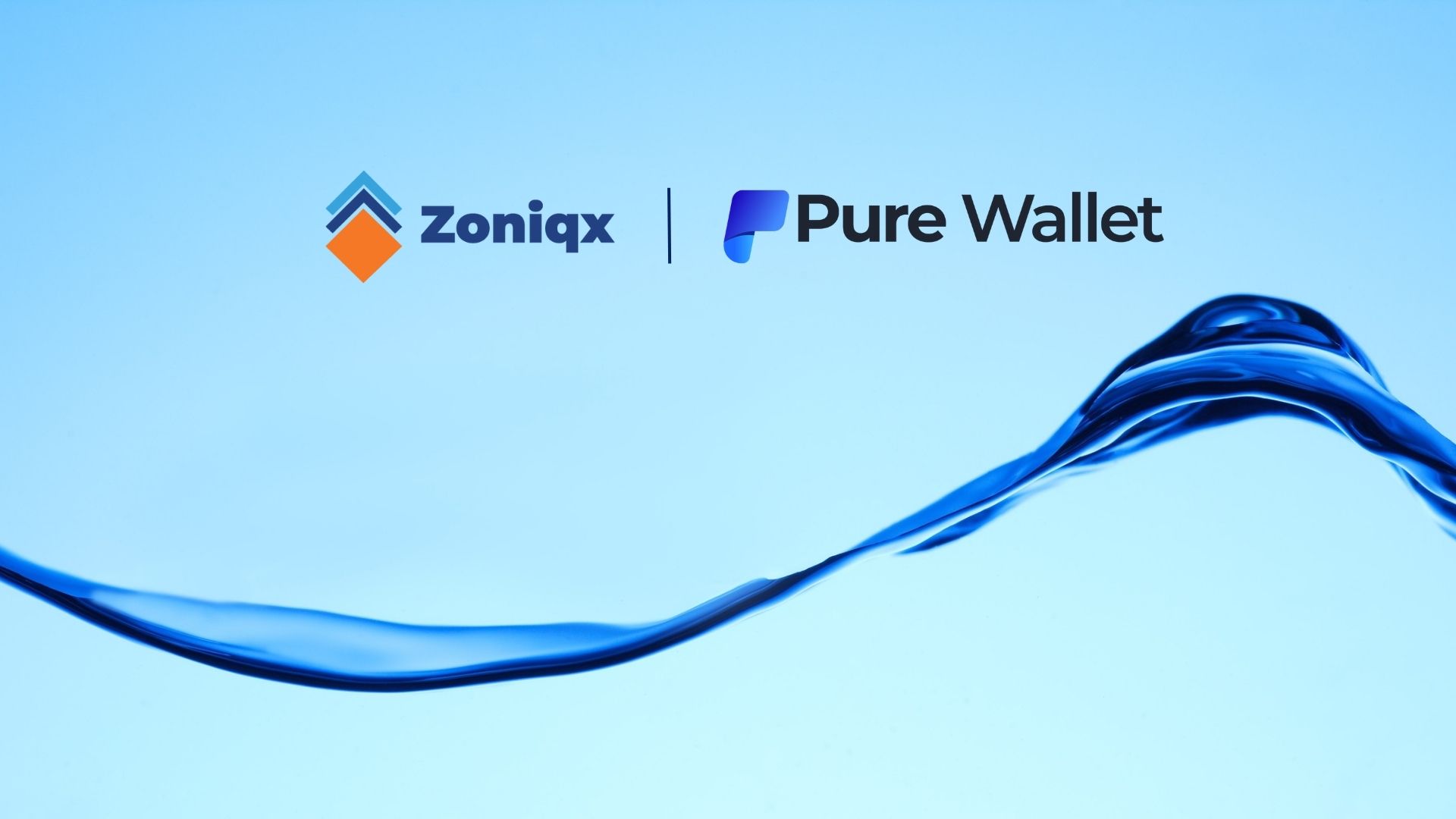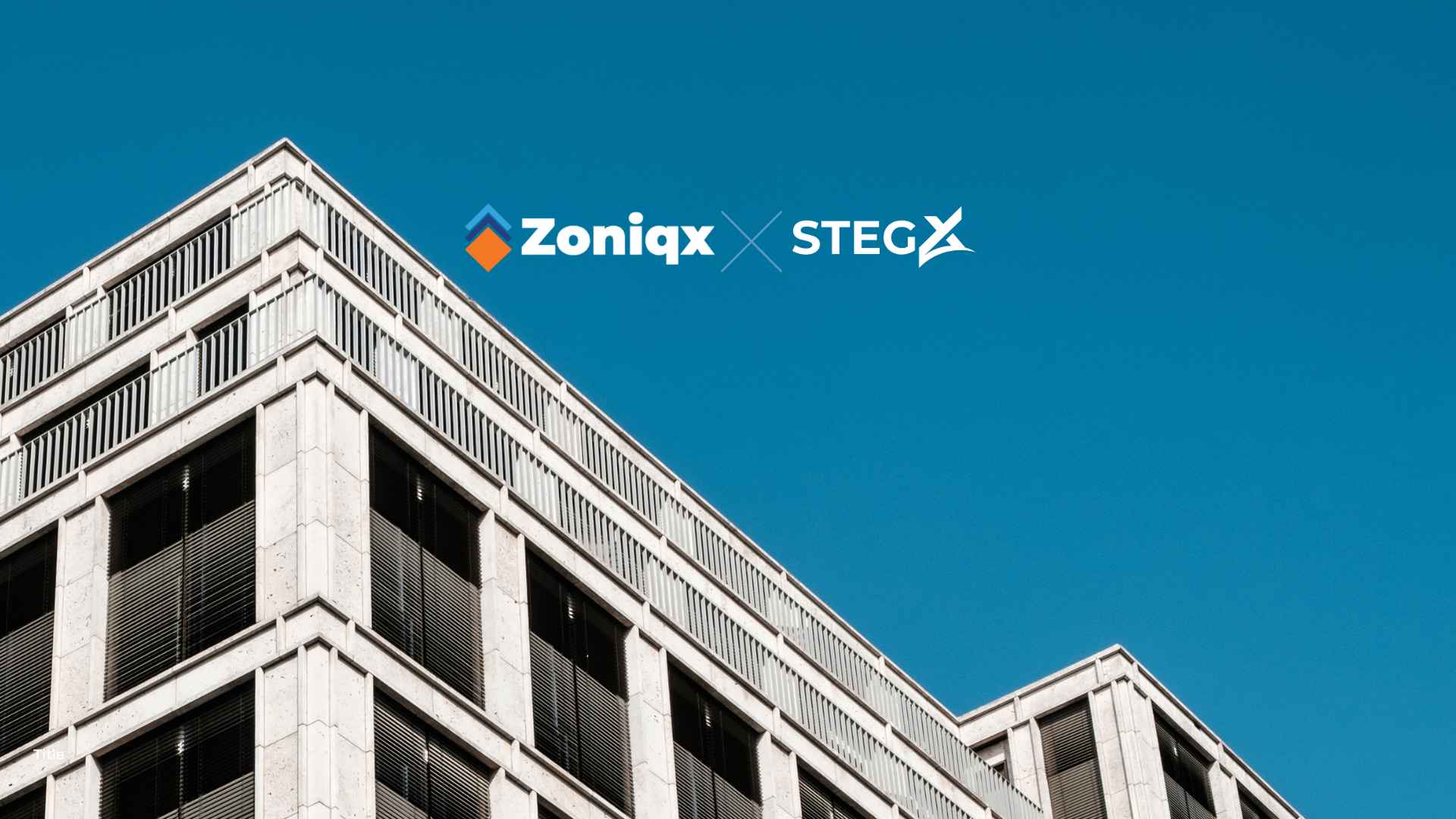zIdentity by Zoniqx: Redefining Trust and Privacy in the Age of Digital Identity
In today’s hyperconnected world, identity is the cornerstone of every digital interaction, from opening a bank account to accessing a decentralized application. Yet, the systems that manage our identities are deeply flawed. Centralized databases store billions of sensitive records, creating irresistible targets for hackers. Data breaches, identity theft, and unauthorized data sales have become alarmingly frequent, exposing individuals to immense risk.
Beyond security, there’s the question of control. Most digital identities are owned not by users, but by corporations and intermediaries. Users simply “borrow” access to their data, trusting opaque systems to handle it responsibly. This centralization not only compromises privacy but also impedes interoperability across platforms and jurisdictions.
In this landscape, the promise of Web3, built on transparency, decentralization, and user sovereignty, demands a new approach to digital identity. That’s where Zoniqx’s zIdentity comes in.
Introducing zIdentity: Self-Sovereign Identity for a Decentralized World
zIdentity is Zoniqx’s decentralized identity attestation system designed to return control of digital identity back to the user. It offers a privacy-preserving, cryptographically secure, and verifiable identity framework that ensures data integrity without compromising confidentiality.
At its core, zIdentity enables individuals and entities to maintain sovereign control over their identity data while allowing third parties, such as financial institutions, tokenization platforms, or regulators, to verify claims through cryptographic attestations.
The key innovation lies in its three-layered architecture, which separates attestation, storage, and verification into distinct processes, ensuring privacy, scalability, and trustlessness.
The Technical Foundation: Privacy and Verifiability by Design
While zIdentity is deeply rooted in cryptographic principles, its design philosophy is elegantly simple: empower users, minimize exposure, and maintain verifiability.
Let’s break down the technical foundation that makes this possible.
1. Decentralized Identity Attestation: Empowering the User
In zIdentity’s ecosystem, each user owns a decentralized identifier (DID), which is a cryptographic identity anchor that represents them on the blockchain. Users store their actual identity data off-chain in secure personal data vaults, ensuring no sensitive information ever resides on a centralized server or blockchain.
When a trusted authority (e.g., a bank, government agency, or KYC provider) verifies a user’s credentials, it issues a digital attestation: a signed confirmation of specific claims (such as name, accreditation, or residency).
These attestations are then hashed and anchored on-chain through zIdentity’s commitment system. This approach ensures that verifiers can confirm the authenticity of claims without accessing or exposing any underlying data.
The result? A framework that provides verifiable trust without centralized custody, putting users firmly in control of who sees what, and when.
2. On-Chain Hash Commitments: Efficiency Meets Integrity
One of zIdentity’s most distinctive features is its efficient on-chain storage mechanism based on hash commitments.
Instead of storing entire attestations (which would be both expensive and risky), zIdentity stores only Merkle tree roots, which are compact cryptographic summaries that represent multiple attestations. Each attestation is represented by a hash that contributes to the Merkle root, ensuring both immutability and integrity.
Each commitment requires only about 109 bytes of on-chain storage, making the system extremely lightweight and cost-efficient, even at scale.
This design ensures that:
- The blockchain acts as an immutable ledger of trust, not a data warehouse.
- Users can prove the validity of any claim through simple cryptographic verification.
- Verifiers gain assurance without ever touching private user data.
By leveraging the immutability of blockchain and the compactness of Merkle structures, zIdentity achieves what centralized KYC and identity systems cannot: permanent data integrity with zero privacy trade-off.
3. Advanced Cryptography for Distributed Trust
To enhance scalability, distributed trust, and selective disclosure, zIdentity integrates a sophisticated cryptographic stack combining BLS aggregation signatures, silent threshold schemes, and zero-knowledge proofs (ZKPs).
BLS Aggregation Signatures
BLS (Boneh–Lynn–Shacham) signatures allow multiple attestations to be aggregated into a single compact signature. This drastically reduces verification overhead, a crucial factor when thousands of attestations are processed simultaneously. For institutions performing large-scale identity verifications (e.g., exchanges or asset platforms), this means higher throughput and faster validation with minimal on-chain footprint.
Silent Threshold Schemes
zIdentity employs silent threshold cryptography to distribute trust across multiple verifiers or issuers. No single authority holds unilateral control, instead, verification requires a threshold number of participants to sign off, without revealing which subset provided the signatures. This mechanism strengthens decentralization and enhances resilience against compromise or collusion.
Zero-Knowledge Proofs
ZKPs enable selective disclosure, allowing users to prove a statement (e.g., “I am accredited” or “I am over 18”) without revealing the underlying data (e.g., exact income or birthdate). Through this, zIdentity achieves true privacy-preserving compliance, an essential feature for industries where KYC/AML verification is mandatory but user data protection is paramount.
The Three-Layer Principle: How zIdentity Works
At the heart of zIdentity lies its three-layer operational principle, designed for both technical elegance and regulatory robustness:
- Attestation Issuance (Off-Chain)
Trusted entities, such as banks, notaries, or KYC providers, issue digital attestations after verifying user data. The user retains full ownership and custody of these attestations. - Commitment Storage (On-Chain)
The attestation hash is committed to the blockchain, stored as part of a Merkle tree structure. This immutable record guarantees that the attestation exists and has not been altered, without exposing any personal information. - Privacy-Preserving Verification (Off-Chain)
When required, a verifier (such as a tokenization platform or exchange) can confirm the validity of a user’s claim by verifying the hash commitment and signature, without accessing or requesting the raw identity data.
This layered structure ensures privacy by design, scalability through modularity, and compliance through verifiable transparency.
Key Benefits of zIdentity
1. Privacy Without Compromise
Users disclose only what’s necessary. Sensitive data never leaves their control, while verifiers gain full confidence in the authenticity of claims.
2. Scalable and Efficient
With minimal on-chain storage (~109 bytes per attestation) and aggregated verification mechanisms, zIdentity can handle millions of attestations without congestion or cost escalation.
3. Interoperability
Built on open standards for decentralized identity, zIdentity seamlessly integrates with blockchain ecosystems, wallets, and tokenization platforms.
4. Regulatory Readiness
By separating verification from disclosure, zIdentity supports KYC/AML compliance while maintaining GDPR and data privacy conformity, a crucial balance for regulated sectors.
5. Trustless Verification
No central authority is needed to confirm authenticity. Every attestation can be independently verified using cryptographic proofs, ensuring distributed trust across the network.
Real-World Applications: From Tokenization to Compliance
zIdentity’s architecture has far-reaching implications across industries where identity and trust are foundational.
- In Finance and Tokenization:
When onboarding investors or issuers to tokenized asset platforms, zIdentity allows instant verification of accreditation or ownership without storing personal documents on centralized servers. This reduces friction, boosts compliance efficiency, and enhances investor confidence. - In Compliance (KYC/AML):
Regulators and exchanges can verify that users meet KYC requirements without accessing their personal data, achieving compliance with privacy preservation. - In Cross-Border Business:
Enterprises can validate corporate credentials and proofs of incorporation across jurisdictions using decentralized attestations, simplifying global operations while minimizing fraud risk.
In essence, zIdentity bridges privacy and compliance, enabling seamless participation in a tokenized economy without sacrificing user sovereignty.
Conclusion: Toward a User-Owned Digital Identity Layer
As the world moves toward tokenization, decentralized finance, and AI-driven digital ecosystems, identity will remain the linchpin of trust. But trust cannot thrive in silos. It must be distributed, verifiable, and privacy-preserving.
zIdentity represents the next evolution of digital identity, one where individuals and institutions interact through verifiable trust, not blind reliance. By combining cryptographic innovation with pragmatic design, Zoniqx is laying the groundwork for a truly user-owned digital identity layer within the Web3 ecosystem.
In doing so, zIdentity doesn’t just solve the problems of digital identity, it redefines how identity, privacy, and trust coexist in the decentralized future.
About Zoniqx
Zoniqx (pronounced "Zoh-nicks") is a global fintech leader headquartered in Silicon Valley, specializing in converting real-world assets into security tokens. Through its suite of innovations including zProtocol (DyCIST/ ERC-7518), zCompliance, zConnect, zPayRails, and zIdentity, Zoniqx is powering the future of finance, enabling global liquidity, compliance automation, and Web3 integration.
It offers an interoperable, compliant infrastructure for the RWA tokenization market, enabling global liquidity and DeFi integration through its end-to-end ecosystem of SDKs and APIs. Zoniqx pioneers on-chain, fully automated RWA deployment on public, private, and hybrid chains. For more information, visit www.zoniqx.com.
To explore how Zoniqx can assist your organization in unlocking the potential of tokenized assets or to discuss potential partnerships and collaborations, visit www.zoniqx.com/contact.
Disclaimer: This article is for informational purposes only and does not constitute legal, financial, or regulatory advice. References to SEC are based on public statements and do not imply endorsement or legal interpretation. Readers are encouraged to consult with legal or regulatory professionals before engaging in asset tokenization. Zoniqx operates in full compliance with applicable laws and supports regulatory clarity in the tokenization ecosystem.



